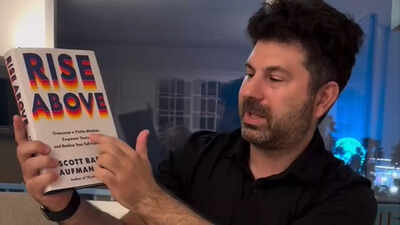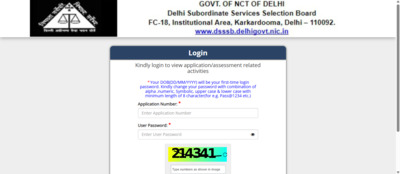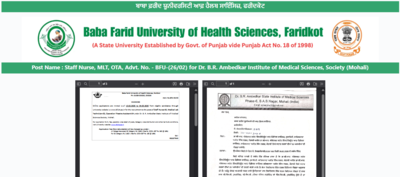Could this be the secret to a happy and successful life? An Ivy League psychologist thinks so

A psychologist from Columbia University has outlined what he claims to be the key to achieving both happiness and success — a process he refers to as “unlearning fear”. Scott Barry Kaufman, an adjunct associate professor of psychology at Barnard College, Columbia University, says fear often stands as the biggest barrier between individuals and their goals.As reported by CNBC, Kaufman suggests that fear — whether of failure, rejection, or uncertainty — is learned through past experiences and traumas. He argues that success is more likely when individuals make a conscious decision to “choose a different way of living” by actively confronting and dismantling these fear-based responses.Fear is learned — and must be unlearnedIn his latest book Rise Above, published in April, Kaufman states, “Fear is automatically learned… and fear must be actively unlearned: We have to choose a different way of living, and we can start by taking responsibility for the fact that unlearning fear — or any past patterns — can take a lot of inner work,” as quoted by CNBC.He explains that people often avoid actions that may trigger fear, such as asking for a promotion or starting a business. This avoidance is frequently the easiest option, especially when feelings of overwhelm and helplessness take over. “Our default state is to have a sense of helplessness when we get overwhelmed,” Kaufman said to CNBC.Reframing fear as an opportunity for growthKaufman advocates for a mindset he calls “learning hopefulness,” a concept where fear-inducing situations are reframed as chances to grow. “You can, in any moment, decide to live and make the fear decision or make the growth decision,” he told CNBC. He believes individuals often have more control over these decisions than they realise.He also emphasises the importance of asking constructive questions. Instead of asking “Why am I feeling this?”, he suggests shifting to “What am I feeling? What would make me feel better?” As quoted by CNBC, Kaufman says, “Asking, ‘what’ questions… these lead to a whole upward spiral of productive questions.”Replacing helplessness with clarity and solutionsThis approach, according to Kaufman, helps individuals approach problems more objectively. For example, when faced with overwhelming work demands, asking “what” can guide someone towards a clearer understanding of their needs. This may lead to a constructive conversation with a manager about realistic expectations and workload priorities.Kaufman warns that asking “why” can often lead to “a dead end” in problem-solving. In contrast, “what” questions create a sense of distance, allowing for better emotional regulation and more rational solutions, as reported by CNBC.Other experts echo the emphasis on mindsetOther psychologists have voiced similar perspectives. In a May 2022 article for CNBC Make It, psychologist Jenny Wang described failure as “a pitstop where you refuel your journey and redirect your approach.” She added, “Failure can be a tool to help hone your skills, understand your obstacles, and realise that you have it within yourself to stand back up and keep pushing.”Kaufman concludes that maintaining a sense of flexibility and curiosity is essential. “Going into any situation with curiosity and an openness to learning is a much better way than leading with your fear,” he said, as quoted by CNBC.TOI Education is on WhatsApp now. Follow us here.





